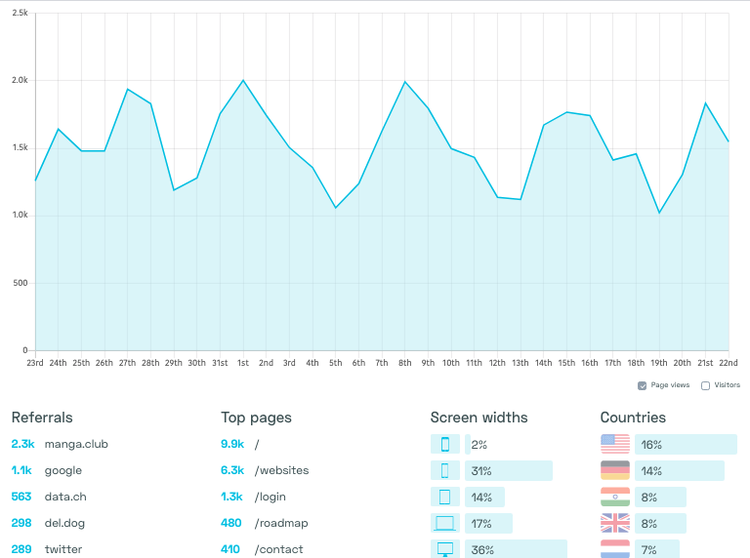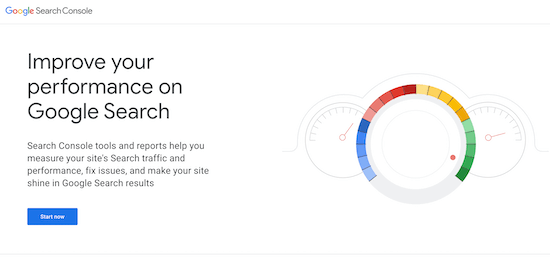

In measuring SEO efforts, one often gets a dramatic sense of just how much data there is to work with. Key Performance Indicators (KPIs) for SEO Success How does one measure something as intricate and ever-changing as SEO? It all starts with KPIs.
MEASURING WEB TRAFFIC TOOLS PROFESSIONAL
Like an astronomer monitoring the movements and activities of celestial bodies, the SEO professional studies numerous time-consuming processes that simply can’t be rushed. They also need to keep track of the performance, ebb and flow of their competitors’ SEO. And even when they are updated, improvements in rank usually don’t happen simultaneously across all keywords you’re targeting.įurther, smart SEO practitioners aren’t merely measuring their clients’ online performance.
MEASURING WEB TRAFFIC TOOLS UPDATE
Why? First, it’s important to note that it sometimes takes months for search engines to update their results pages. Monitoring SEO success is a marathon rather than a sprint. Nonetheless, it’s crucial to get used to measuring SEO over time, with patience and an understanding of how long things can actually take. Many in the industry want fast results so they can know on the spot whether they’re on the right track. With all the complexity involved in SEO, it’s no wonder why inexperienced practitioners get overwhelmed almost immediately. In the world of SEO, experience and expertise is crucial. The strategies and measurements we undertake today might very well have to be tweaked and adjusted tomorrow. It often requires input from branding teams, marketing, web development, content specialists, and more.īut certainly, one of the most challenging aspects of implementing and measuring SEO is the fact that Google changes its algorithms constantly. Not only are logic and technical abilities needed to analyze SEO, but a large degree of creativity and problem-solving prowess are also necessary. But there’s still so much that’s kept mysterious.Īlso, SEO involves a diverse mix of several talents. Yes, many of the biggest ranking factors are well known in the SEO industry. The challenge is the fact that Google isn’t so quick to reveal what all these components even are. The struggle doesn’t end there, and the sheer volume of data isn’t the only challenge faced by SEO practitioners.Īnother difficulty is that Google has developed a huge number of factors that go into the ranking process. Check out Cyfe’s SEO dashboard guide and cognitiveSEO’s tool for more info. A dashboard isn’t a cure-all, but it can make the SEO practitioner’s life much easier.

If things get overly confusing, decision makers start getting frustrated with SEO practitioners.īecause the data can become so overwhelming, smart marketers use SEO dashboards that lay everything out into one easily-digestible view. The SEO data that’s important for one website may not be so important for another.ĭata also needs to be “reportable”, so you can clearly explain it to managers and clients. No two businesses have the exact same strategies, goals and objectives – and neither do any two websites. With so much data, it’s often difficult to reach cut-and-dry conclusions.ĭata needs to be prioritized into information that’s important for your particular website. Why is SEO success so hard to measure? For starters, SEO practitioners are bombarded with a huge amount of data to analyze. The Mountain Is High, but the Victory Is Sweet.



 0 kommentar(er)
0 kommentar(er)
